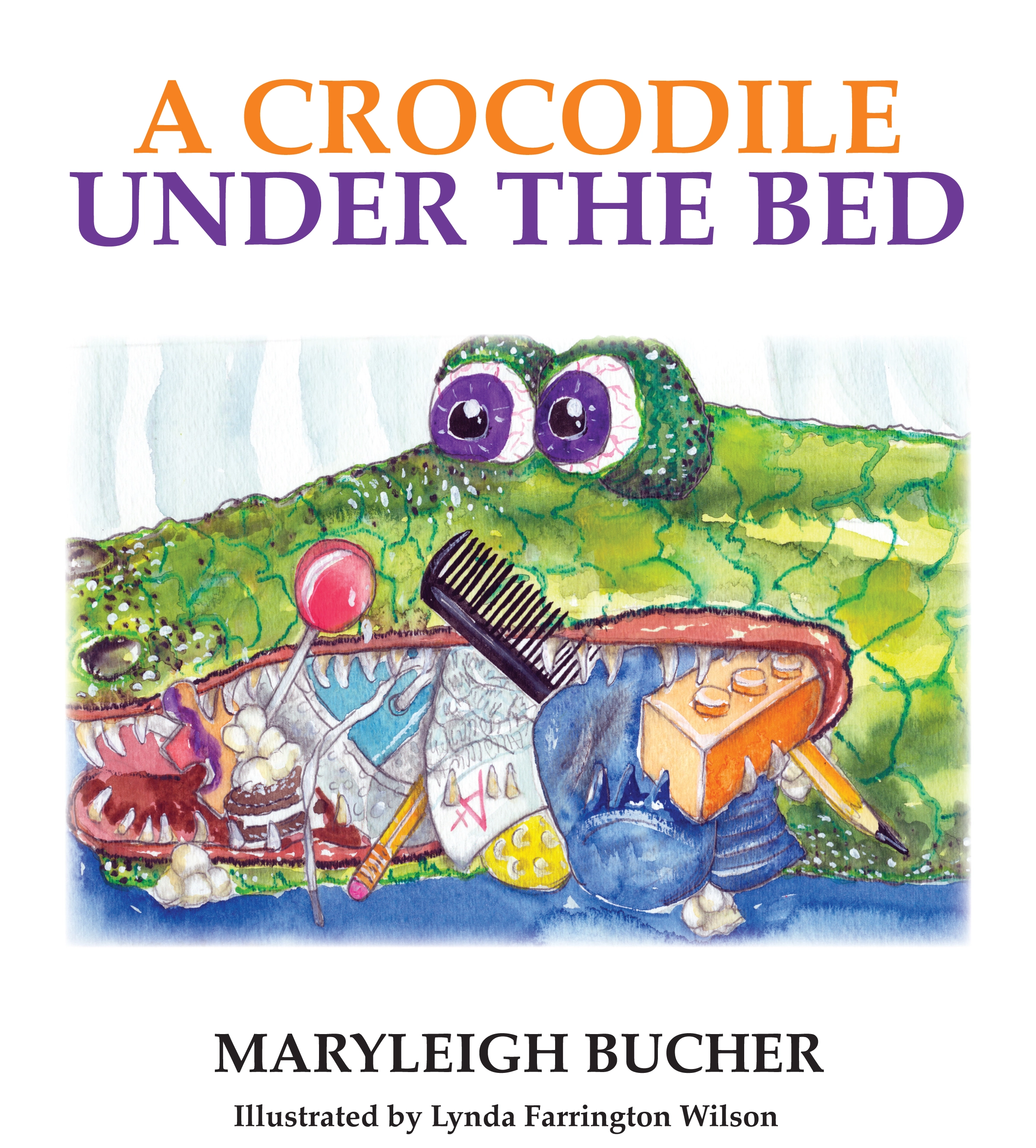Young men have an in-born passion to take control of the reins of their destiny. They need to earn their money, balance their own spread-sheet of expenditures, learn to make choices – before they are sent off to college, responsible for a $10,000+ investment. Too many young men fail because of responsibility in-experience
What made boys turn into men like Henry Ford, John D Rockerfeller, Thomas Edison, Andrew Carnegie and Audie Murphy?
Are child-labor laws that discourage most companies from under-18 hiring partially to blame? Think about it – if young men can’t start working until 18, it makes sense that they won’t leave the nest until 25. If they start working at 14, how many young men would be better equipped to make a fairly graceful leap out of the nest at high school graduation?
Yes, there is something to be said for giving our children what we didnt’ have . I don’t think being unprepared for independence at 18 is one of those things we meant to give.
I remember the reporting for the Columbine shooting, media personalities referring to high school students as children. They tried the same thing with the Virginia Tech shooting, referring to college students as children, but I guess when there were graduate students and teachers shot, they withdrew “children” from reports.
My college students even referred to themselves as “kids” in their writing, the same kids who probably railed at home for independence and claims of manhood. Because we were studying how to write a detail definition paragraph (dictionary definition, synonyms and personal definition), we discussed this concept of 18, 19 and 20 year olds considering themselves “kids.”
“‘Cause I can’t take care of myself,” the young man reasoned. A lot of heads bobbed up and down in agreement. My inside-my-head conversation replied silently, “Can’t take care of yourself according to the fashion to which you’ve become accustomed, you mean.”
“The Children. The Children. We’re doing this all for the children” is the mantra we hear from kindergarten PTOs to even high school personnel. How can one feel like an adult when they are continually being put in the position of a child?
Our oldest son had to save up a year’s worth of rent before he could move out. When he did move out, he did so with confidence. We told him we would help him with food, but only once a semester did we go grocery shopping – for an average of $100. He never had to buy food because he told friends, “You bring it. I’ll cook it.”
One of my sons railed at the world, wanting to be on his own, “I’m an adult. I can take care of myself.” Because we were his money source, we were the ones holding him down, limiting what he could do. He hated asking us for money – or working for us to earn that money.
Then he got a job, after he turned 18 – the magical age of hiring. The pressure in our relationship evaporated. He started managing his money. He discovered discretionary spending.
Years of frustrating, arguments and anger would have been alleviated if the job market had been more “youth” friendly – like it was when I was a young adult.
Child labor laws prevent farmers from hiring teens. One farmer told me it just was not worth the risk of a government official breathing down his back. I thought a summer of bailing hay would give my son a hunger for an education.
In our community, it is difficult for young men to hired because they are not 18.
Adulthood delayed = stunted growth, delayed maturity.
Young men not working are like runners who do not run. They have no opportunity to learn how to work for someone else, come under the authority of someone not their parent, become adept at discerning and implementing necessary skill sets. No learning how to be diplomatic, to bite their tongue and keep their words behind their teeth. No learning now to organize their life into categories: work, rest and “my” time – because it takes time to learn that living is about giving up “my” time – and balancing, finding “my” in work. If young men do not learn how to take care of themselves before they leave the nest – then how will they be successful? Full of Confidence? Bravado?
“Independence with Training Wheels” is how my son defined our method.
It started at age 13. When each son turned 13, they got the talk. This is how it went: “According to Judeo-Christian values, you are a man now. The world wants to call you children, but today you are a man. You are responsible for your soul. That means God knows you are able to tell right from wrong, you are responsible for the condition of your soul, whether you are bound for heaven or hell.”
Then I go further, telling them that over 100 years ago, if their dad died, they would be considered the man of the house, responsible for hunting for food, providing for the family. Davy Crockett knew how to hunt for food at their age. Paul Revere was already apprenticed. One historical account had George Washington, at age 11, helping his mother manage their farm after his father’s death.
Young men have an in-born passion to take control of the reins of their destiny. They need to earn their money, balance their own spread-sheet of expenditures, learn to make choices – before they are sent off to college, responsible for a $10,000+ investment. Too many young men fail because of responsibility in-experience.
Charlie Nolan at St. Clara University said, “”Young women, they mature earlier. They get a better sense for how to negotiate life — particularly academic life, time management. They are very good at that, and it’s reflected in their applications.”
As a mother of sons, I beg to differ. Young women in today’s culture have very different opportunities. They babysit. One matures earlier when given activities that build maturity. As a result, young men would have a “better sense to negotiate life.” Academic need would become real because they would have their own personal experience to make that decision, instead of just being “told” it will. Young men with experience – well, colleges will find it “reflected in their applications.”
Sadly, this attitude is reflected in our churches as well. While young women (12+) volunteer in church child-care, boys and men are shooed away unless accompanied by a woman. Why? Well, silly, don’t you know? Men are more likely to be molesters? One teenage son was distraught when the youth minister told the young women in youth not to trust the young men. How can America, or even our churches, expect our young men to be a great treasure when they are treated like criminals who need to be contained? Restricted? Untrusted?
Parents would have fewer challenges, Schools would have few fights, and Colleges would have few drop-outs if young men were allowed to start being men when they are 12. That means jobs at age 12/13, even if it is dusting shelves. That means expecting the best out of our young men – and in expecting our best, giving them the opportunities to do their best outside of school.
Then maybe “Being a Man” choices would be something more than sex, drugs and alcohol choices. Maybe there would be fewer young men as high-school drop-outs. Maybe the retention rate for men in universities would increase. Maybe, just maybe, our sons would soar more often.























